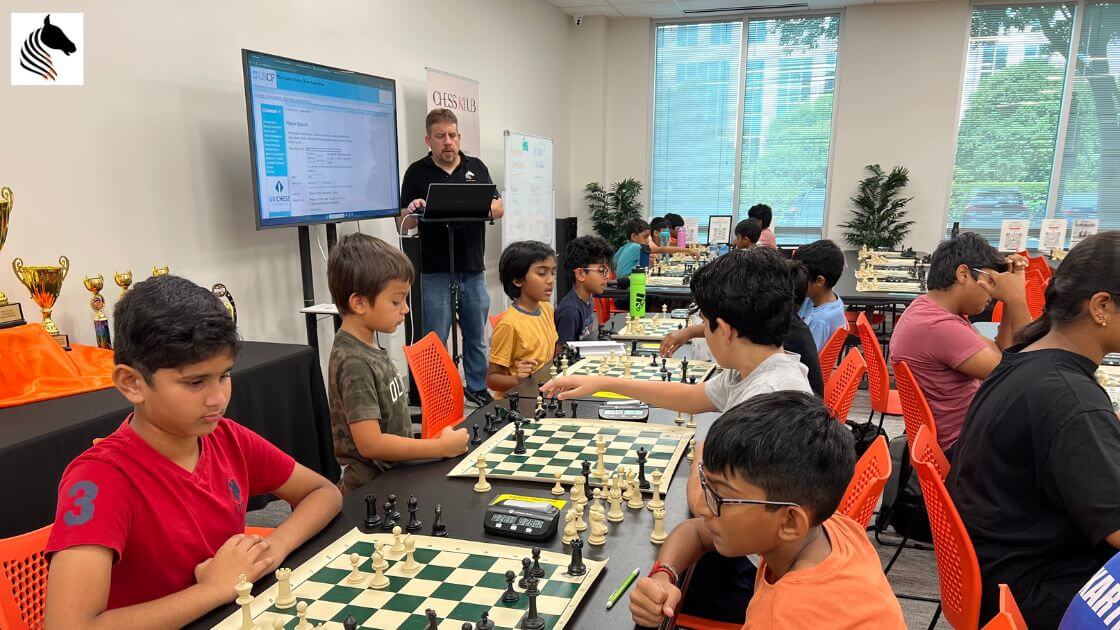8 Key Reasons Why Chess is Important for School Children

Summer is almost coming to an end, and Schools are all set to welcome students back into their hallways. School children and parents of these children often struggle with extracurricular activities that would stimulate the brilliant minds of these budding stars.
Well, what better brain exercise than the mystical game of chess?
If you’re still not sure about how chess would help our school children, here are some pointers to convince you to enroll your child with CHESS KLUB TODAY!
Chess offers numerous benefits for school children, contributing to their cognitive, social, and emotional development. Here are some of the key reasons why chess is important for school children:
Cognitive Development: Chess is a highly strategic and complex game that requires critical thinking, problem-solving, and planning skills. Engaging in chess helps improve a child's concentration, memory, and analytical abilities. It stimulates their brain and enhances their overall cognitive functions.
Academic Performance:Studies have shown that students who play chess tend to perform better academically. The skills developed through chess, such as logical reasoning and pattern recognition, can be applied to various subjects like mathematics, science, and language arts.
Improved Creativity: Chess encourages creativity as players need to think outside the box to come up with unique strategies and moves. This fosters a sense of creativity and originality in school children, allowing them to approach challenges with innovative solutions.
Patience and Perseverance: Chess is a game that requires patience and perseverance, as matches can be lengthy and challenging. Playing chess teaches children the value of persistence and the ability to remain focused on long-term goals.
Sportsmanship and Fair Play: Chess promotes sportsmanship and fair play since it is essential to accept both victories and defeats gracefully. Children learn to respect their opponents and handle success and failure with dignity and respect.
Decision-making Skills: In Chess, players are faced with countless choices and must make decisions based on calculated risks. This develops a child's decision-making skills and the ability to weigh the pros and cons of various options.
Stress Reduction: Playing chess can be a relaxing and stress-relieving activity for school children. It allows them to unwind and divert their minds from academic pressures, providing a healthy outlet for stress management.
Confidence and Self-esteem: As children improve their chess skills and achieve success in the game, their confidence and self-esteem receive a boost. This newfound confidence can positively impact other areas of their lives, encouraging them to tackle challenges with a positive mindset.




